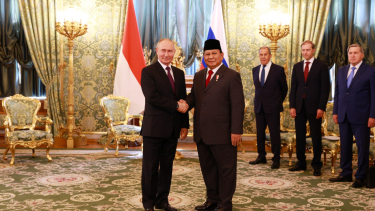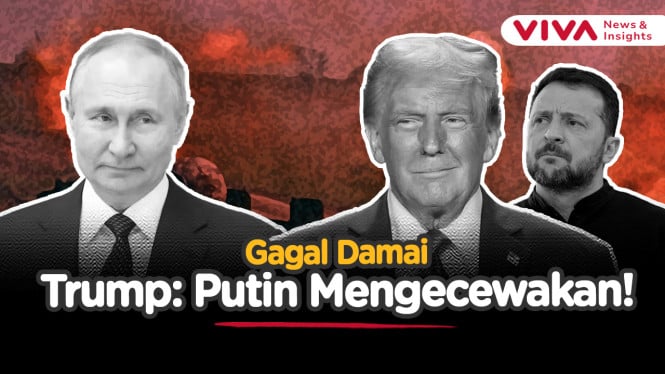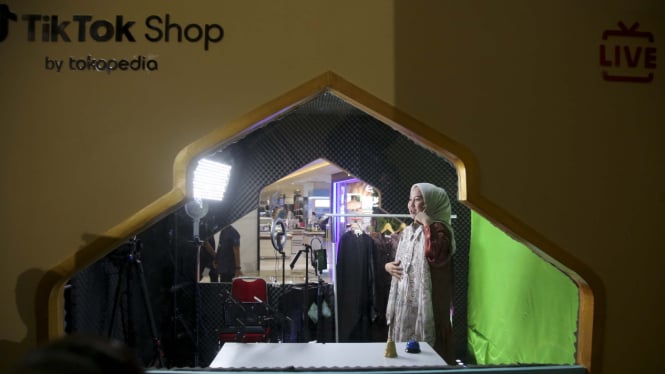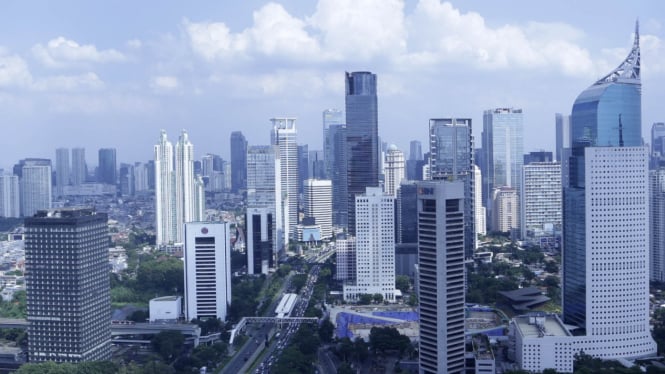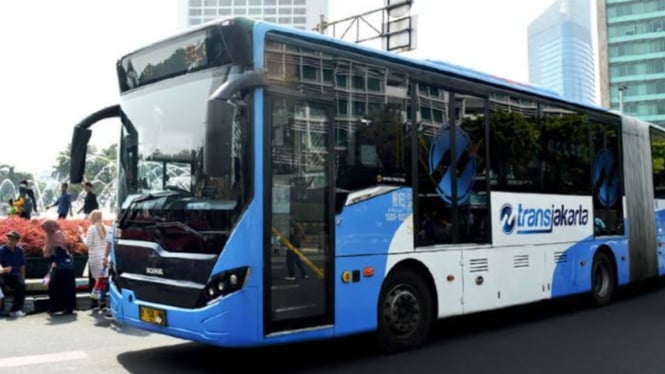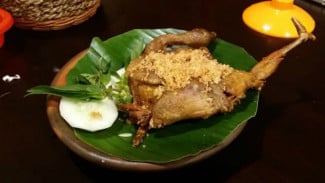Prabowo’s Russia Visit Set to Accelerate Trade and Investment Ties
- VIVA.co.id/Yeni Lestari
Jakarta, VIVA – Indonesian President Prabowo Subianto is planning to visit Russia from June 18 to June 20, 2025. This is being viewed as a key opportunity to strengthen investment and strategic cooperation in trade and technology.
Member of Indonesia’s House of Representatives Commission VI, Ahmad Labib, emphasized that one of the top priorities should be the finalization of the Free Trade Agreement (FTA) between Indonesia and the Eurasian Economic Union (EAEU)—an economic bloc that includes Russia, Belarus, Kazakhstan, Armenia, and Kyrgyzstan.
“This visit must be fully leveraged to accelerate strategic partnerships between Indonesia and the Russian Federation, particularly in trade, investment, and technology,” Labib said on Sunday (June 15).
He stated that this visit is made at the special invitation of Russian President Vladimir Putin to attend the St. Petersburg International Economic Forum (SPIEF), as well as to hold a high-level bilateral meeting.
“This trade agreement is highly strategic—not only to open wider market access for Indonesia’s top export products, but also to pave the way for foreign investment and cross-border industrial collaboration,” Labib explained.
Menhan Prabowo Subianto bertemu dengan Presiden Rusia Vladimir Putin.
- Biro Humas Setjen Kemhan
As a member of Commission VI, which oversees trade, industry, investment, and state-owned enterprises, Labib stressed that economic partnership with Russia and EAEU countries aligns with Indonesia’s ongoing strategy to diversify its export markets and reduce reliance on traditional partners like the United States and China.
This year marks the 75th anniversary of diplomatic relations between Indonesia and Russia. Over the past seven decades, both countries have cooperated across various strategic sectors.
In the upcoming bilateral meeting, the Indonesian government is expected to push for faster implementation of concrete collaborations in energy, infrastructure, agriculture, defense, and industrial digitalization.
“Indonesia views Russia as a strategic partner in supporting national development. Direct investment and technology transfer from Russia could significantly boost growth in priority sectors,” he remarked.
In addition to the FTA, several strategic investment projects are being explored, including oil refinery construction, nuclear power development, and defense industry cooperation.
Labib highlighted the importance of building a long-term, mutually beneficial partnership that contributes to Indonesia’s economic resilience.
“With the FTA and strategic cooperation in place, doubling the Indonesia-Russia trade volume within five years is a realistic goal,” he concluded.
